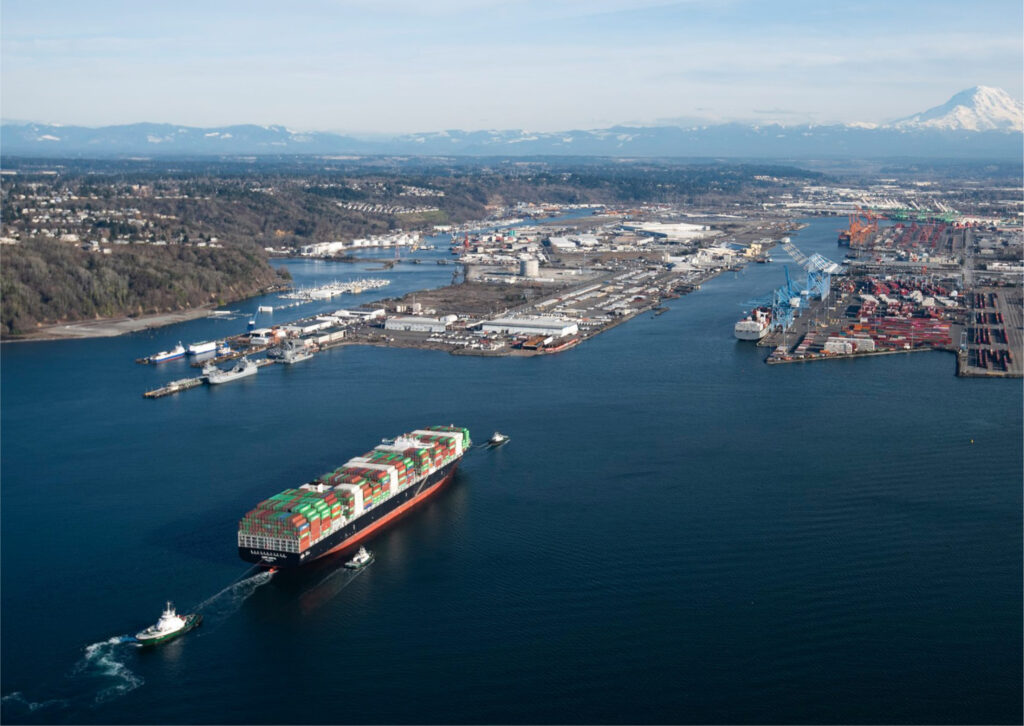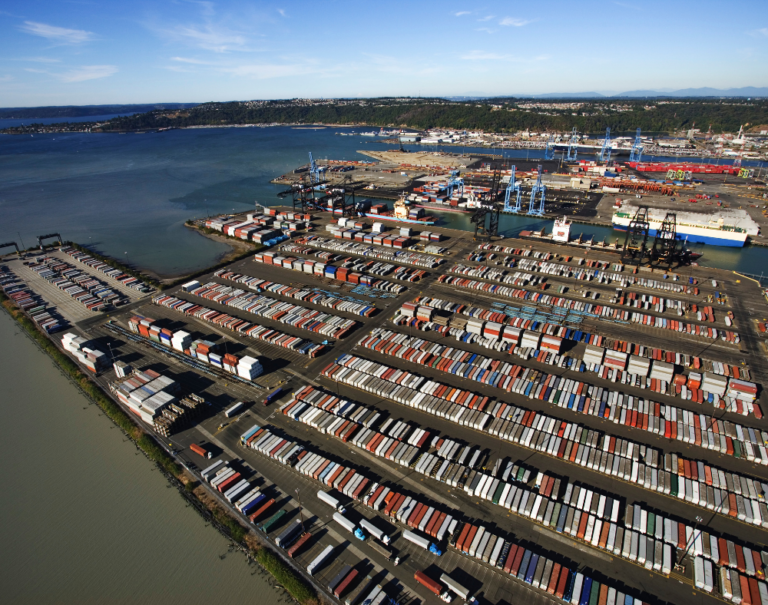
Ports and logistics play a crucial role in Washington State’s economy, facilitating the movement of goods and enabling international trade. With the increasing demand for efficiency, sustainability, and enhanced connectivity, the adoption of advanced technologies has become imperative. The Edge Cluster recognizes the need to empower the ports and logistics sector with cutting-edge solutions. By deploying next-generation wireless networks with edge computing capabilities, we aim to transform traditional logistics operations into smart and connected systems.
With next-generation connectivity, ports can optimize their operations, including real-time tracking of cargo, autonomous vehicles for intra-port transportation, and remote monitoring of critical infrastructure. This technology enables seamless communication, efficient resource allocation, and improved safety measures, ultimately enhancing overall supply chain management.
The Edge Cluster’s networks provide a solid foundation for innovation and collaboration within the ports and logistics industry. By establishing field labs and fostering partnerships, we create an environment for testing and implementing disruptive technologies. This collaborative approach enables industry players, technology providers, and researchers to explore novel solutions, address challenges, and unlock new opportunities.
Through the integration of advanced technologies, such as IoT sensors, data analytics, and automation, we envision a future where Washington State’s ports and logistics industry leads the way in efficiency, sustainability, and global competitiveness.

